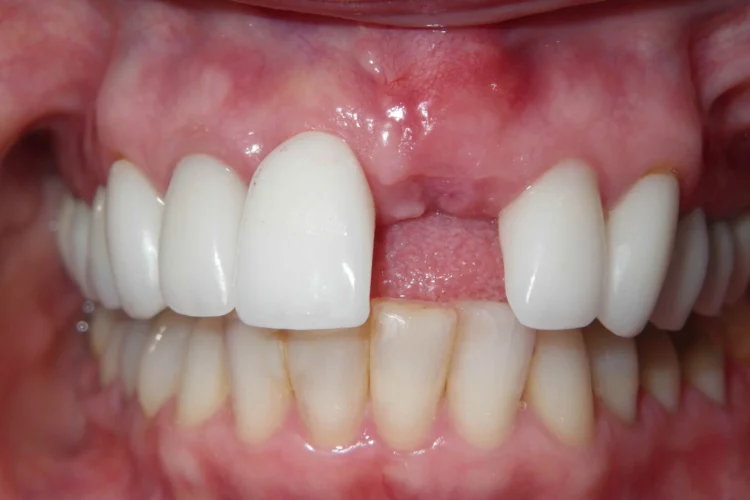Caring for your gums after getting denture and implants in Fresno is crucial for your oral health. Your gums need special attention to heal properly and ensure everything fits comfortably. Start by gently rinsing your mouth with warm salt water to soothe your gums. Use a soft toothbrush and avoid brushing too hard. Your gums may feel tender, but proper cleaning helps prevent infection. Avoid sticky or hard foods that could irritate your gums. Instead, focus on soft foods that are easy to chew. Pay attention to any unusual pain or swelling. If these occur, contact your dentist promptly. Staying vigilant and maintaining good hygiene will help your recovery. Remember, patience and care now lead to a healthier smile later.
Understanding Gum Care Post-Procedure
After your procedure, your gums are in a delicate state. Proper care is essential. Begin by understanding what your gums need. They need rest, cleanliness, and gentle handling. Avoid touching or poking your gums. This prevents irritation and allows natural healing. Keeping your gums clean reduces the risk of infection and promotes recovery.
Daily Oral Hygiene Routine
Establishing a daily routine is important for healing. Follow these three steps:
- Rinsing: Use a gentle saltwater rinse twice daily. Rinse after meals to remove food particles.
- Brushing: Use a soft-bristled toothbrush. Brush twice daily, avoiding vigorous motion.
- Flossing: Be cautious. Use a water flosser if traditional flossing feels uncomfortable.
Dietary Considerations
Your diet affects your recovery. Focus on foods that are easy on your gums. Here’s a simple comparison:
| Foods to Avoid | Recommended Foods |
|---|---|
| Crunchy or hard foods like chips and nuts | Soft foods like yogurt and mashed potatoes |
| Sticky foods like caramel | Broth-based soups that are not too hot |
| Spicy foods that may irritate | Steamed vegetables |
Recognizing Complications
While healing, stay alert for signs of complications. Watch for persistent pain, excessive swelling, or bleeding. These may indicate issues needing professional attention. Don’t hesitate to call your dentist if you notice anything concerning.
Regular Dental Check-Ups
Scheduling regular check-ups ensures that your gums and oral health are on track. Your dentist can detect problems early and provide advice tailored to your needs. The Centers for Disease Control and Prevention recommends regular dental visits as part of maintaining good oral health.
Mental Well-Being During Recovery
Healing isn’t just physical. Your mental state matters too. Feeling anxious or uncertain is normal. Remember, your dedication to care will pay off. Keep a positive outlook and engage in activities that keep you relaxed and focused on your recovery journey.
Staying Informed
Staying informed helps you make good choices about your health. Use reliable sources like National Institute of Dental and Craniofacial Research for up-to-date information on oral health care. Continue learning about your oral health to empower yourself in making decisions that contribute to a healthy smile.
Your Commitment
Your path to recovery relies on consistent care. By following these steps, you enhance your chances for a quick and smooth recovery. Commit to your routine, listen to your body, and consult your dentist with concerns. Your efforts now nurture a healthy and lasting smile.

